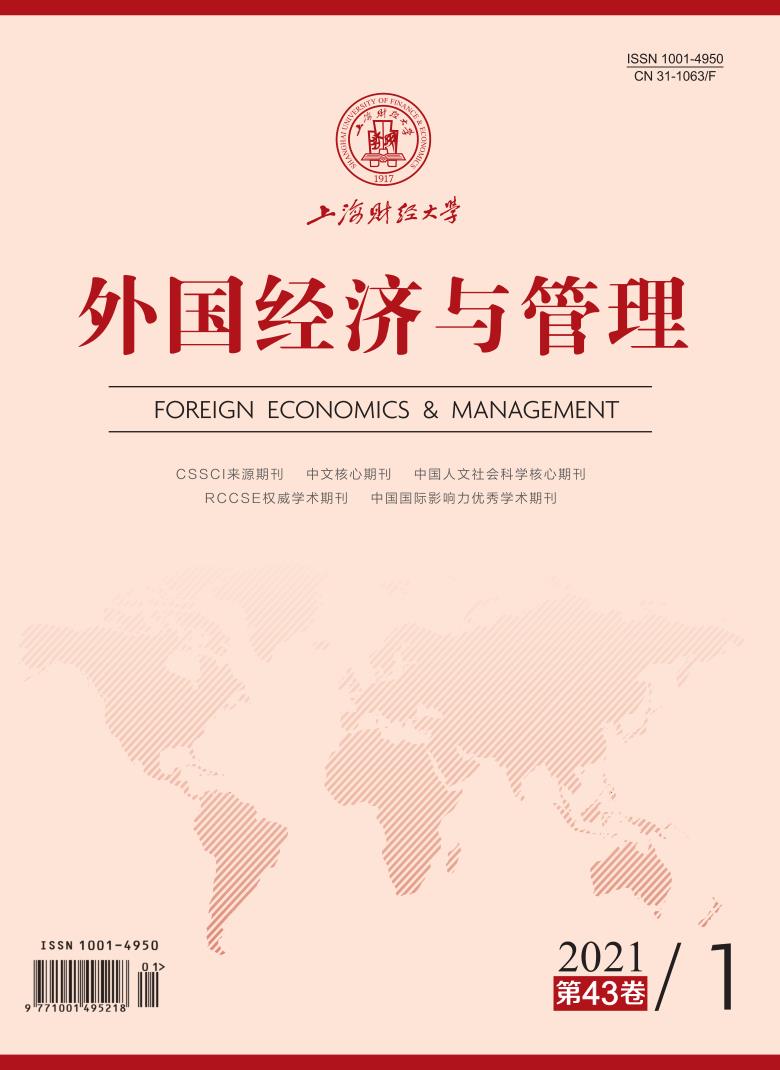The issue of investment with short-term financing has received increased attention as the central government proposed to fend off and defuse major risks. Previous literature mainly focuses on the financial supply-side structural reform, and finds that measurements such as increasing the appropriate level of monetary policy, liberalizing interest rate control and strengthening bank-enterprise relations can effectively alleviate investment with short-term financing. This article expands the research perspective to social trust. We argue that social trust can guide people to follow the social norms recognized by most people and internalize social norms into honest and trustworthy values. Affected by regional social trust, enterprise managers and employees can reduce personal opportunistic behavior and are more willing to trust counterparties. The above-mentioned changes of enterprise managers and employees are likely to reduce enterprise opportunistic behavior and transaction costs, thereby alleviating bank and other creditors’ concerns about enterprise over-investment and debt default risk, and helping to promote long-term close cooperation between banks and other creditors and companies. In this way, social trust is able to help enterprises obtain debt financing that matches their investment, thereby alleviating the degree of investment with short-term financing.
By studying all non-financial Chinese public firms from 2007 to 2018, we find that social trust can alleviate investment with short-term financing. In addition, with the increase of social trust and the decrease of investment with short-term financing, the operating risk and financial default risk of enterprises can also be reduced. Further analysis finds that a sound legal environment can enhance thenegative effect between social trust and investment with short-term financing. Our results are robust after controlling for endogeneity and for different measures of social trust.
The potential contributions of this article are as follow: First, it enriches the literature on factors affecting investment with short-term financing from the perspective of social trust in informal institutions. Second, it expands the literature on the economic consequences of social trust. Existing literature finds that social trust can affect the scale of international trade, long-term economic growth, auditing, financial behavior, corporate bond and stock market performance. This article further expands the research on the economic consequences of social trust by examining investment with short-term financing. Third, it contributes to the literature on the interaction between informal institution and formal institution. Studies have shown that a sound legal system can enhance the mitigation of social trust on investment with short-term financing. This shows that formal systems can promote social trust effects, which provides evidence for the complementary relationship between informal institution and formal institution.
Our study also contributes to practice. The findings above provide alternative policy approach for decision-makers to mitigate investment with short-term financing. They also provide academic support for decision-makers to establish and improve a social trust system.






 12167
12167  7499
7499

